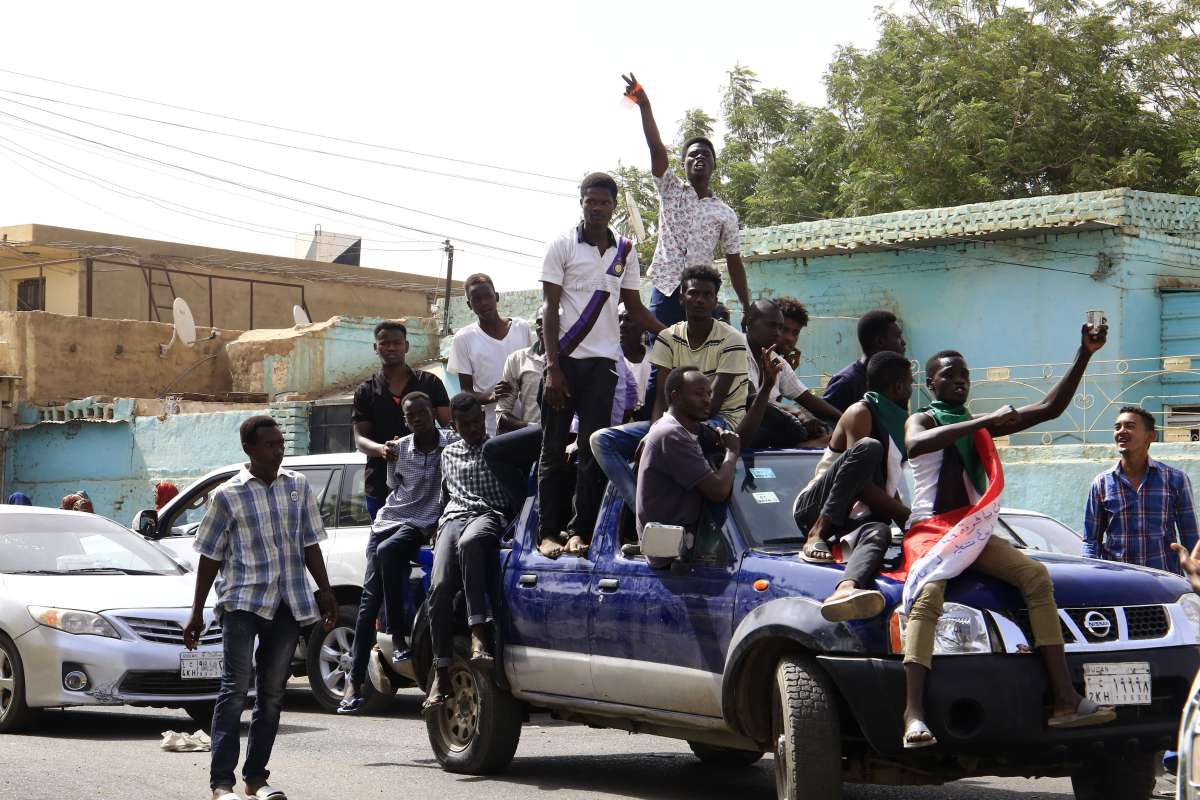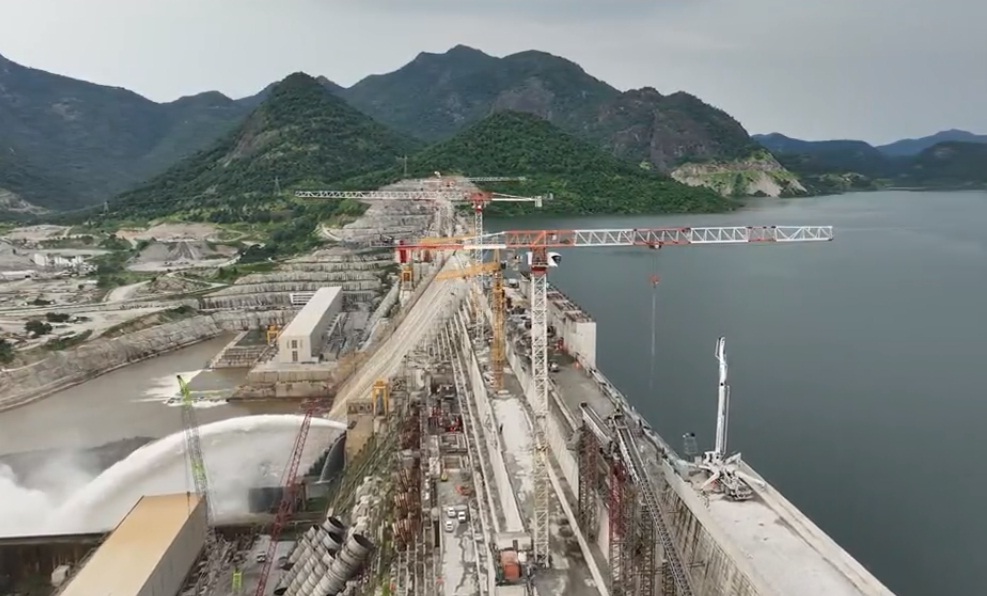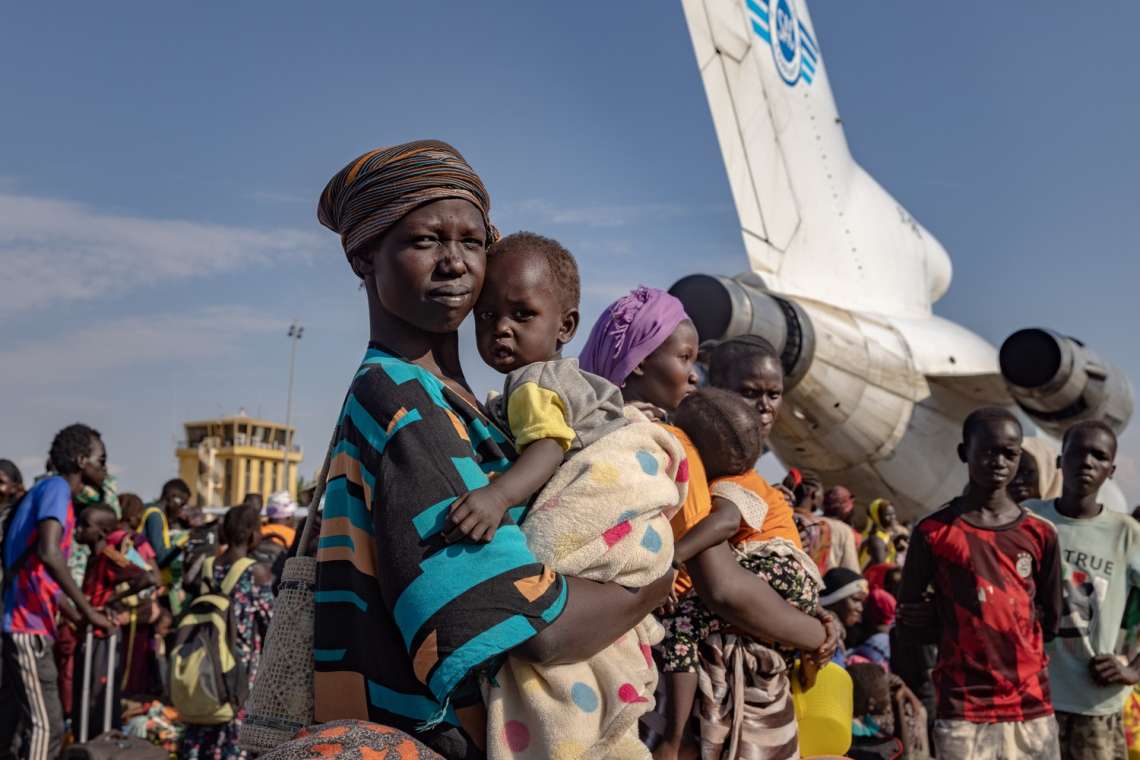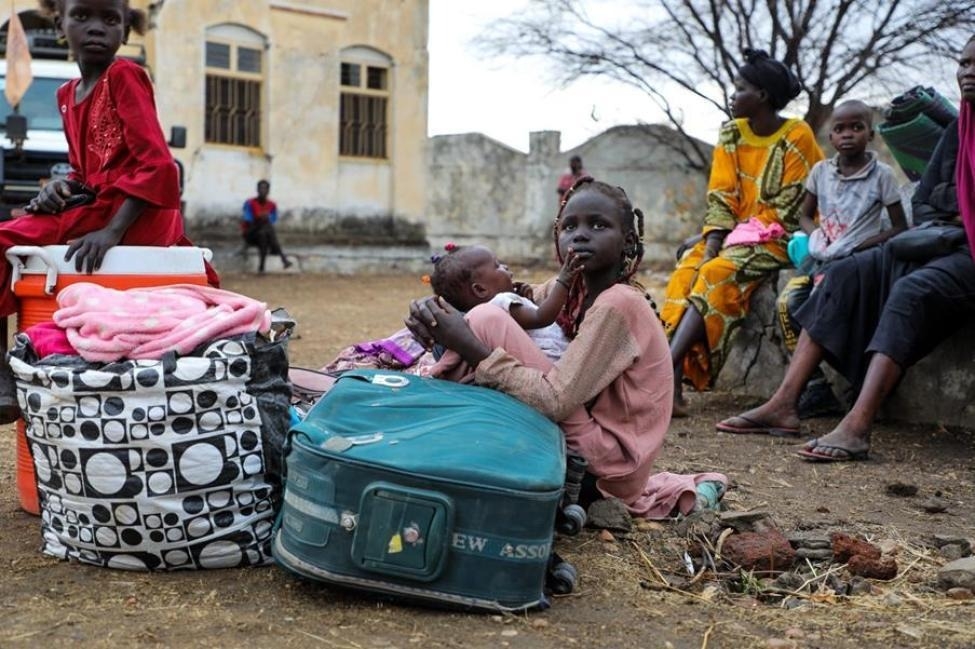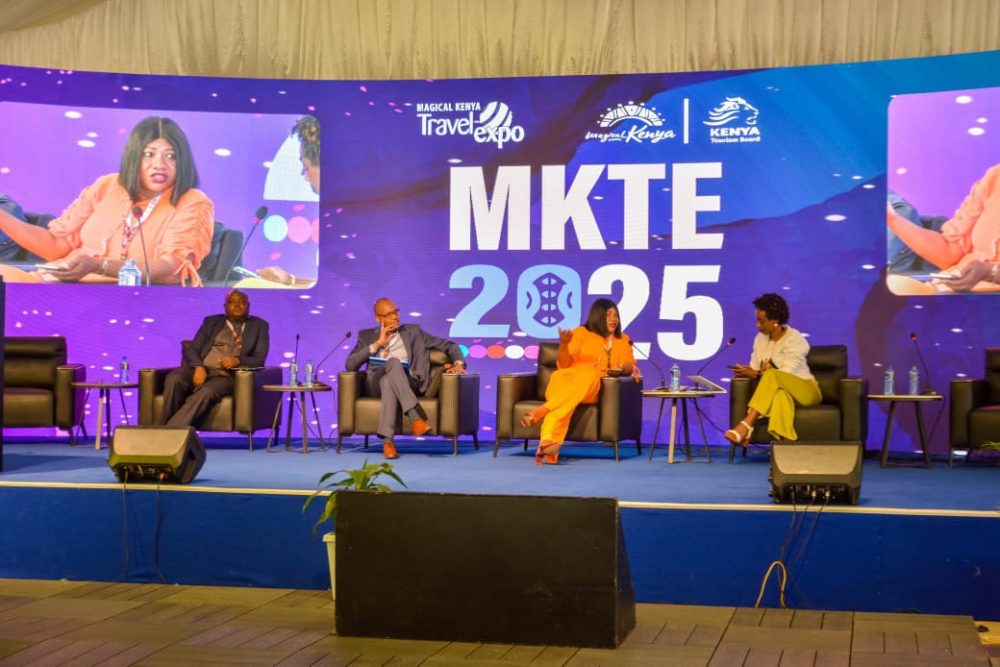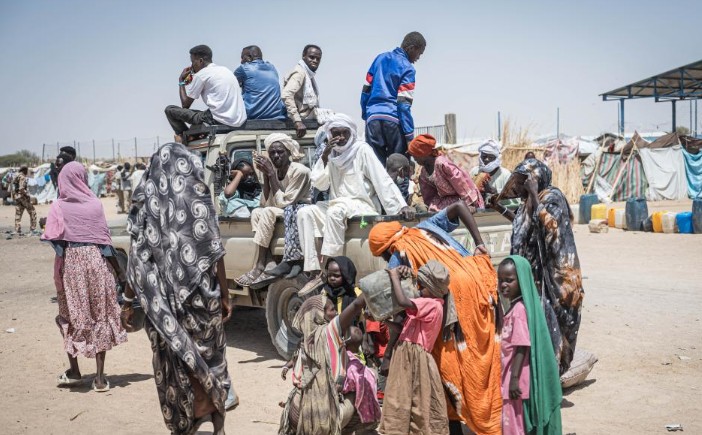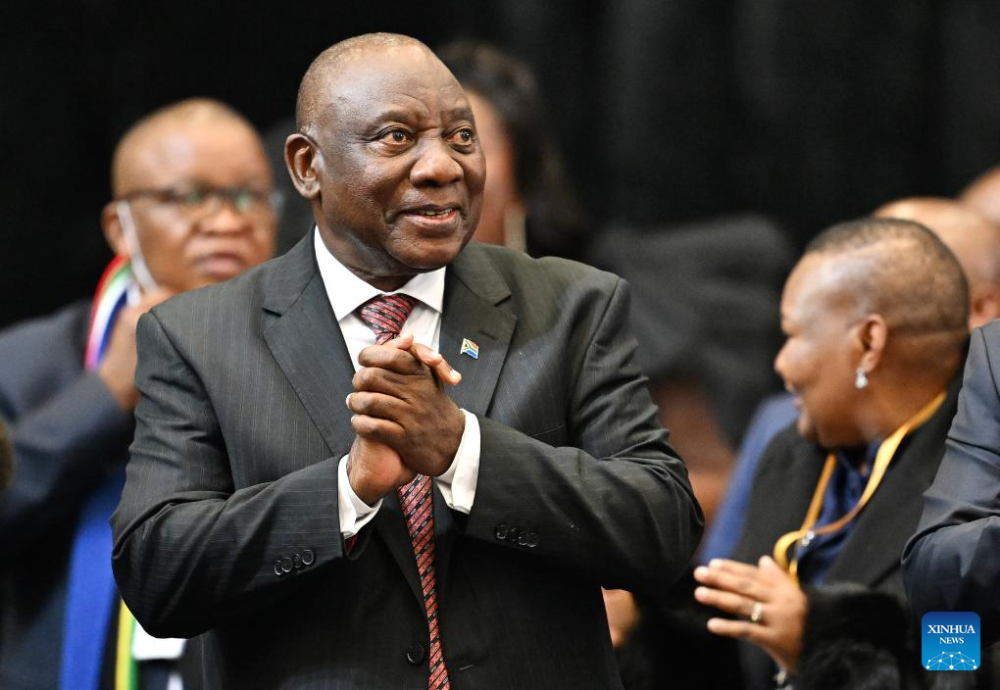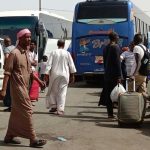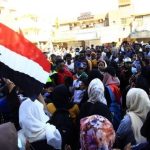Human Rights Watch has also called on Kiir to reject the controversial bill saying that it will further undermine human rights and strengthen national security agencies that have a history of longstanding rights abuses…reports Asian Lite News
South Sudan peace talks that almost reached completion faced a stumbling block with opposition groups demanding a newly passed bill allowing the detention of people without an arrest warrant scratched out in order to sign a proposed agreement.
Kenya has been hosting the high-level meetings since May between government representatives and rebel opposition groups who were not part of a 2018 agreement that ended a five-year civil war, leaving about 400,000 people dead and millions displaced. Despite the agreement, violence often erupted in the country of 9 million.
Pagan Amum Okiech, negotiating on behalf of the South Sudan Opposition Movement Alliance, told The Associated Press on Tuesday night that it would be “meaningless to sign any agreement if the draconian National Security Act is signed into law by the president.”
Last week, parliament voted in favor of the 2015 bill and President Salva Kiir will have to approve it within 30 days for it to become a law. This comes ahead of the country’s first-ever election on Dec. 22.
“This law violates the fundamental rights and freedoms of South Sudanese citizens, it eliminates civic and political space,” Amum said. “There can be no peace or democracy under such a law.”
Attending the peace talks is the executive director of the Community Empowerment for Progress Organization, a non-profit that engages university students and fresh graduates. Edmund Yakani criticized the security bill and said it “created a negative spirit for the negotiations.”
Human Rights Watch has also called on Kiir to reject the controversial bill saying that it will further undermine human rights and strengthen national security agencies that have a history of longstanding rights abuses.
The talks — dubbed Tumaini, Swahili for hope — have resulted in a draft agreement proposing to extend the country’s transitional period and postpone the coming election to allow finishing up the country’s constitution and electoral laws, as well as set up constituency borders and a unified security force as proposed in the 2018 peace talks.
Some Western envoys also recommend delaying the poll “to guarantee a free and fair election.” Kiir has been adamant about having the election in December and called out the envoys.
Meanwhile, the African Development Bank Group (AfDB) has said it has approved a $46.2 million grant for South Sudan to boost agricultural productivity, improve food security and enhance the country’s resilience.
The AfDB, a financial provider to African governments and private companies investing in the regional member countries, said the first phase of the climate resilient agri-food system transformation programme in South Sudan is set to be implemented from September 2024 to December 2030.
Themba Bhebhe, the Bank Group’s Country Manager for South Sudan, said in a statement issued in Juba, the capital of South Sudan, on Friday evening that the program’s activities will help boost productivity and produce an additional 350,000 tonnes of cereals (rice and sorghum) and 2,450 tonnes of fish.
“They will strengthen agricultural value chains and entrepreneurship, creating at least 200 more agri-food businesses that are more profitable for women and young people,” Bhebhe added.
He emphasised that developing digitalisation and professional skills will create 179,200 direct jobs, including 50 per cent for women and 60 per cent for young people.
South Sudan is the third most fragile country in the world and the fifth most vulnerable country to climate change globally, AfDB said.
ALSO READ-UAE, UN Team Up for Sudan Food Relief


